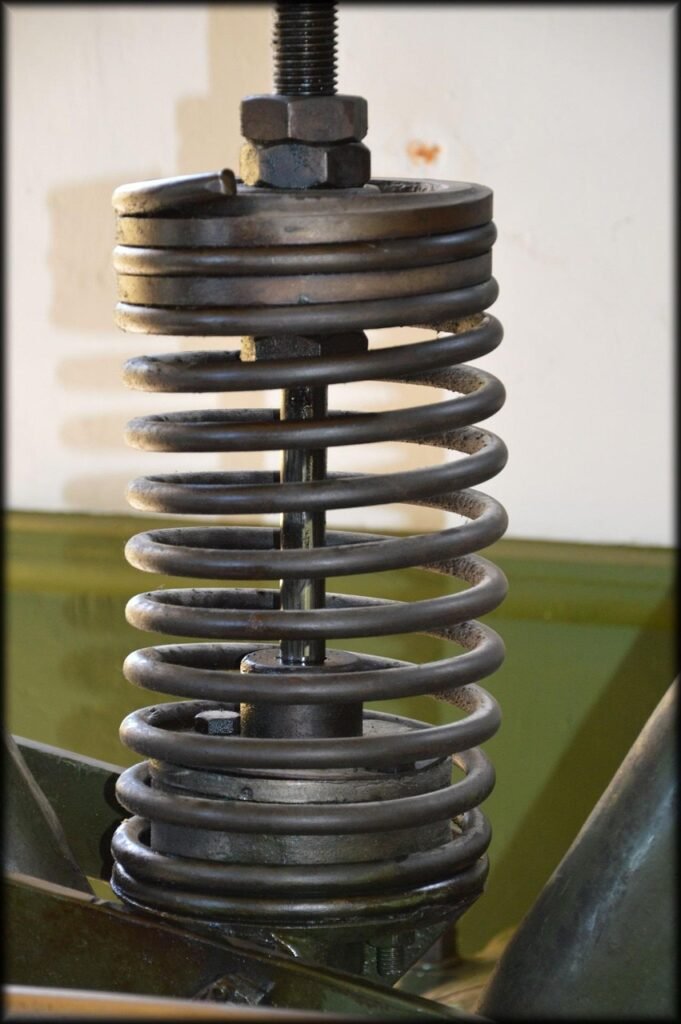What happens to your body when you plunge into icy water?

The Science Behind Cold Water Immersion
As you step into a cold body of water, your body reacts almost instantly. Don’t you find it fascinating that your body’s complex system starts to kick into gear as soon as the chill hits your skin? The effects of cold water immersion extend far beyond just a shiver; they cascade through your hormonal system, activating various responses that can affect your mood, metabolism, and overall health.
What is Cold Water Immersion?
Simply put, cold water immersion involves submerging your body in cold water, typically defined as water at temperatures below 60°F (15°C). Whether you’re jumping into a glacial lake or indulging in a cold shower, your body engages in a remarkable physiological response to manage the temperature shock.
Why Do People Try Cold Water Immersion?
It could be for several reasons. Some people seek physical benefits, while others are drawn to the mental challenges. You might find the cold exhilarating, invigorating, and refreshing, making it a popular practice among those looking to boost their mood or enhance their athletic performance.
The Initial Shock: Your Body’s Immediate Reaction
When you first enter the cold water, it’s as if your body goes into crisis mode. The initial shock elicits both a physical and emotional response, which can feel overwhelming. Your heart rate might spike, your muscles might tense up, and your breath may quicken. This reaction is all part of your body’s effort to protect itself.
Increased Heart Rate and Respiratory Rate
The cold water causes your heart rate to increase and your breathing to quicken. Why does this happen? When the cold receptors in your skin are activated, your body releases adrenaline, which constricts blood vessels to keep your core warm and diverts blood from your extremities. You may notice you’re breathing harder, even gasping at times. This is your body’s way of ensuring that oxygen is still being delivered to essential organs.
The Fight or Flight Response
This heightened state isn’t just a random response; it’s part of your fight or flight mechanism. When exposed to cold, your body perceives the environment as a potential threat. This response leads to an increase in cortisol—your stress hormone—making you feel alert, awake, and, yes, maybe even a bit anxious.
The Hormonal Cascade: What’s Happening Under the Surface?
Once the initial shock subsides, your body goes through a remarkable hormonal cascade that influences various physiological functions. Imagine the series of events that must occur to help you adapt to that sudden cold exposure.
Release of Endorphins
As your body fights back against the cold, it starts releasing endorphins. These feel-good hormones counteract pain and boost your mood. You may find that there’s a certain euphoria that often follows after the initial shock wears off. This surge can result in a feeling similar to a runner’s high—invigorating and almost addictive.
Adrenaline Production
As you continue to acclimate to the cold, your adrenal glands produce more adrenaline. It’s the hormone that prepares you to take action. Increased availability of energy is what’s crucial here; adrenaline helps release triglycerides and glucose into your bloodstream, providing your body with the fuel it needs to cope with stress.
Cortisol Levels
While the adrenaline rush goes to work, cortisol levels also rise. This hormone, which can be a double-edged sword, serves various roles, from regulating your metabolism to assisting in how your body responds to stress. A temporary increase can help you focus and feel stimulated, but if you’re undergoing regular exposure to stressors, like consistent cold-water immersion, you might notice an increase in cortisol levels over time. Managing that balance is key.
The Role of Norepinephrine
Norepinephrine plays a starring role in this hormonal cascade, too. It’s crucial for your attention and focus, and it helps to improve mood. After exposure, you might discover that you feel more centered and grounded, an effect that some people actively seek.
The Benefits of Cold Water Immersion
You might be wondering: why put yourself through the shock of cold water immersion? Beyond the immediate hormonal responses, there’s a cavalcade of potential benefits that keep enthusiasts returning for more.
Enhanced Mood and Mental Clarity
Increased levels of endorphins and norepinephrine are associated with an improvement in mood. You may find that a quick dip in cold water can serve as an instant pick-me-up, easing anxiety and stress. The rush of happiness often carries on long after you’re out of the water.
Improved Immune Response
Studies have pointed to the positive correlation between cold exposure and immune response. Your body might adapt to the stress of cold water by boosting white blood cell counts, allowing you to ward off illness and feel more durable overall.
Increased Circulation
While it may feel counterintuitive, cold water immersion promotes better blood circulation. Once you exit the cold, your body begins to warm up, dilating blood vessels and improving blood flow to your extremities. This can promote healing and reduce muscle soreness post-exercise, making it a favorite among athletes.
Potential for Weight Loss
You might be curious about the relationship between cold exposure and weight management. Some studies suggest that being in a colder environment can stimulate brown fat—a type of body fat that generates heat by burning calories. While not a substitute for a balanced diet and regular exercise, it can certainly be a complementary approach.
Increased Stress Tolerance
The practice of cold water immersion may also improve how you handle stress over time. It’s somewhat akin to mental conditioning; the regular practice exposes you to a mild stressor and teaches your body and mind to adapt and become more resilient.

Cold Water Immersion Techniques
Now that you’re intrigued by the benefits, you may be considering how to get started with cold water immersion. The methods vary depending on your preference and what you find accessible, so let’s break some options down.
Cold Showers
Maybe you’re not ready to jump into a freezing lake just yet. Starting with cold showers is an excellent way to ease into the practice. You can gradually lower the temperature each time, allowing your body to adapt. Consider starting with just a minute of cold water and building from there.
Ice Baths
If you’re feeling brave and want to embrace the full experience, you might try an ice bath. Fill a tub with cold water and ice cubes, then submerge yourself for 3 to 10 minutes, depending on your comfort level. Having a buddy can make this more fun—and safer, just in case you feel overwhelmed.
Natural Bodies of Water
If you live near a lake or ocean, you can take advantage of nature’s cold water offerings. Always ensure safety first: check the water temperature, prepare adequately, and never go alone if possible. The thrill of a natural setting can enhance the experience, and the added benefit of connecting with nature is a bonus.
Safety First: Precautions to Consider
You should certainly consider safety before trying cold water immersion. It’s not only about plunging into the water without any forethought.
Consult Your Doctor
If you have pre-existing health conditions like cardiovascular problems or respiratory issues, it’s vital to consult with a healthcare professional before diving into cold water. Remember, your safety comes first.
Know Your Limits
It’s crucial to listen to your body and recognize your limits. If you’re feeling overwhelmed or in actual discomfort, it’s better to exit the water sooner rather than later. Gradually building tolerance is key.
Warm Up After Immersion
Ensure you have a plan for warming up after your cold exposure. Some enthusiasts swear by layered clothing, hot drinks, and warm baths to get that cozy feeling back.

Conclusion: Embracing the Chill
So, have you thought about how cold water immersion might change the way you view stress, mood, and even health? The beautiful cascade of hormones triggered by icy dips can not only invigorate but also provide lasting health benefits.
Taking the plunge may reveal more than just that initial chill—you might find a more resilient, happier you lurking just beneath the surface. With a bit of preparation, you can safely engage in this practice, potentially reaping all the rewards it has to offer.
Whether you’re reducing stress, boosting mood, or simply seeking something new, why not dip your toes in?

